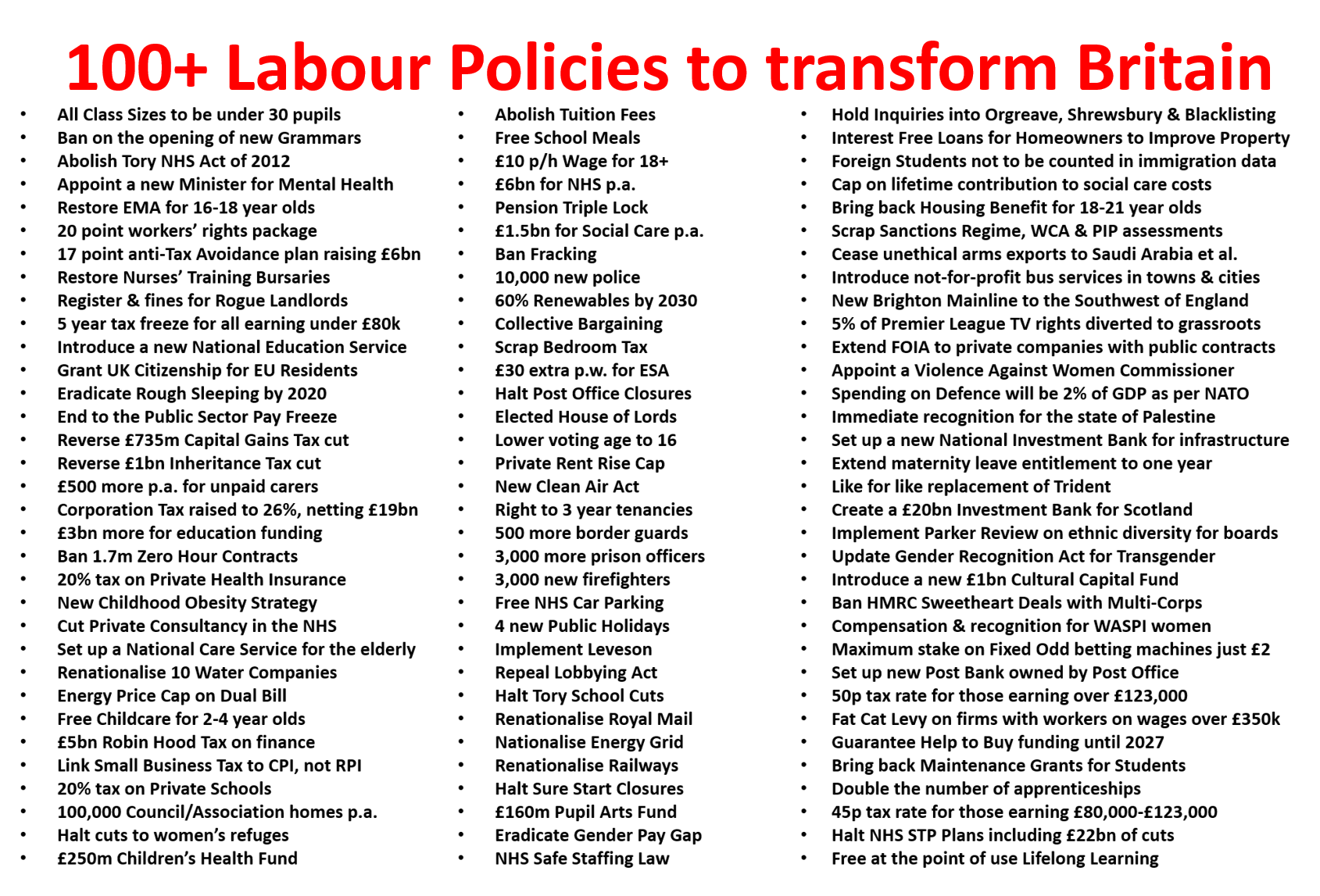The
94 year old writer and activist Harry Leslie Smith wrote in his book Harry's Last Stand: how the world
my generation built is falling apart and what we can do to save it (published
by Icon Books Ltd in 2014):
Many people
who are younger than me presume that because of my age I have a default setting
which makes me, amongst other things, a lover of dogs, suspicious of
immigrants, wary of welfare benefits and distrusting of those who possess
piercings and/or multiple tattoos (p66).
Last
Friday (26th May) was Jeremy Corbyn's 68th birthday and social media was awash
with good wishes, love and support. There were vids of Labour members singing
the traditional song; memes (one of which I've included here); photos of messages
on pub awnings and elsewhere and evidence of people donating the price of a
birthday card (and more) to UK Labour in his name. Mr Corbyn's age is often cited
by his critics who, often subtly and sometimes explicitly, draw on stereotypical
images and views of older people as 'past their best, to challenge his right to
lead the Labour Party and his ability to be Prime Minister. He responds to this
as he does to the many, many other insults that are flung his way on a daily basis.
Quite simply he does not rise to the mocking and is true to his word to 'refuse
to get into the gutter with anyone' and so avoids any personal attack of those that
happily and regularly attempt to undermine and besmirch him. Relevantly, a brief glance at his daily, weekly, monthly schedule ridicules any suggestion
that he has not the energy for the job.
For those that
look beyond the mainstream media it is clear that throughout his career Corbyn
has worked tirelessly for 'the many, not the few' and this is reflected in the
current Labour Party Manifesto with policies aimed at tackling injustices across
the lifecourse. From a commitment to free school meals for all primary school
children; the re-introduction of housing benefits for the under 21's through to
a commitment to compensate those women, born in the 1950s, who have been
financially disadvantaged by changes to the State Pension Law; and a pledge to tackle the
loneliness that many of the elderly who are living alone are experiencing. In
contrast the Conservatives would have us believe that increased longevity is a burden on society and that one of the solutions to this is a post-death tax that
in turn will negatively impact on younger family members. Yet more evidence that the Conservative Manifesto offers anything but a 'stronger, fairer, more prosperous Britain' for all. Harry Leslie Smith again (this time on twitter today):
The
fact that Britain now has 4 million kids living in poverty b/c of Tory austerity
makes #TheresaMay unfit to be PM not #Corbyn @Harryslaststand
Celebrity
endorsement, social media, the polls (although of course I accept the many
complexities and provisos that others highlight about these), the numbers of new voter registrations and so on and so forth
all suggest that younger people are hearing the Labour message under Corbyn more
clearly than us older ones. Having taught in higher education for 27 years I am
excited by the energetic way that 18+ year olds are getting involved which is
unlike anything I have seen over this time. I am also struck by stories of
other, much younger, adolescents and children, asking questions that challenge
so-called political truisms. All of this gives me much hope for the future. I
appreciate too that despite the increasing understanding of and support for
what Labour has to offer, what Labour can do for us, there is much more to do. Encouraging people to think differently, particularly with reference to long-held beliefs isn't easy and a sensitive approach is needed. With this in mind I hope that we can avoid any further ageist blaming and stereotyping in our face-to-face and online communications from now on.
NB: I have published a number of political opinion pieces in
recent months and with my discipline training in mind I have, in most of these,
provided references to support my argument/provide links for readers to read
more/check my argument. Over the next few days I hope to publish a number of
pieces and to enable me to write more rather than less (alongside my other work
commitments) such links to sources will be less frequent.

























